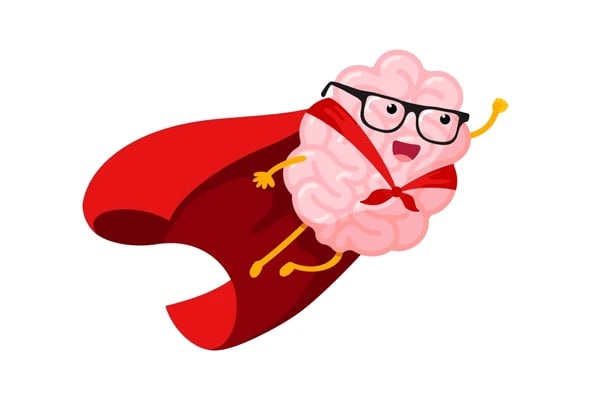6 simple practices to address our brain's evolutionary limitations
Learn about simple practices that can help us to overcome the minds's evolutionary shortcomings and boost our well-being & productivity!
7/9/20242 min read


We explore the evolutionary limitations of our brains in our last blog post here. Understanding is the first step to change. But theory only is not enough. We need to practice too. While our brains are wired to ensure survival in ancient environments, we can adopt various strategies to thrive in today's complex world. Here are actionable solutions to help you address our brain's evolutionary limitations:
1. Our intuition is often wrong
Challenge: Our intuition is often wrong due to cognitive biases.
Solution: Studies show that mindfulness meditation can reduce cognitive biases by increasing awareness and enhancing cognitive flexibility. This helps create a mental pause before making quick decisions, allowing to recognize and reflect on our first thoughts. Do a quick pause, think, and then decide what is right to do.
2. We think in relative terms
Challenge: We judge everything relative to a reference point
Solution: Choose your reference point! Define your own success criteria based on personal goals rather than external comparisons. Regularly reflect on your achievements and progress. For example, don't compare your fitness level to the professional athletic. Start small, and build up over time. This keeps you motivated and on track.
3. We get used to stuff quickly
Challenge: We quickly get used to new things, leading to chronic dissatisfaction.
Solution: Research in positive psychology suggests a "process orientation", where the focus is on the enjoyment and engagement in activities rather than solely on the outcomes. By focusing on the joy in the journey rather than just the end goal, we can derive continuous satisfaction from our activities.
4. Our instinct is negative
Challenge: Our brains give more weight to negative emotions and information.
Solution: Challenge and reframe negative thoughts by identifying positive aspects or alternative interpretations of a situation. Cognitive-behavioral techniques - including cognitive reframing - have been shown to effectively reduce symptoms of anxiety and depression by altering negative thought patterns .
5. Instant Gratification!
Challenge: We favor short-term pleasure over long-term gains.
Solution: When you feel the urge for instant gratification, use the 10-minute-rule. Wait for 10 minutes before acting. This brief delay can help you engage your rational brain and reassess whether the immediate reward is worth the potential long-term consequences.
6. Always in energy saving mode
Challenge: Our brains are primed to save energy, leading to a tendency to avoid physical & mental exertion.
Solution: Develop habits for actions you want to do more (exercise, reading, etc.). Habits allow us to perform tasks automatically without expending much mental effort. The process of habit formation involves the basal ganglia, a brain region associated with routine behaviors. Repeating positive behaviors in a consistent context strengthens neural pathways, making these actions more automatic and energy efficient over time.
Conclusion
While our brains have evolved with certain limitations, understanding these shortcomings and adopting effective strategies can help us overcome them. By practicing mindfulness, setting personal benchmarks, reframing negative thoughts and delaying gratification, we can learn to lead happier, more effective lives.
© 2026. All rights reserved.
Address
Contact form
Therapy Central
